The Gift of Oppression
We are as much a man
as women are.
We are as much a woman
as men are.
We are both imaginary projections
of a Divine Genderless Monkey.
So this argument
about oppression
seems trivial to us,
though it may seem otherwise
from the perspective of self.
From the divine level,
it doesn’t matter
if one imaginary sex
oppresses another imaginary sex.
In this version of reality
we imagine men oppressing women.
In another version of reality,
we imagine the opposite.
In a third version of reality,
we imagine both being attacked
by non-binary monkeys.
If we were to
level the playing field
in all realities,
we would have
a boring existence
in which nothing
is differentiated
and nothing
seems to happen.
We would be the one
Divine Genderless Monkey
we are.
These others
that you want to love,
be they of the same,
opposite or unknown sex
are ALL YOU,
the Divine Genderless Monkey
pretending to be separate.
Others do not love you.
Only YOU love you
through the imagination
of others.
This may seem bleak
from your
imaginary perspective
as this troubled self.
This feeling of trouble
is a valuable experience
that you need not
wish to push away.
This realization
of what you are
is perceived differently
from your perspective
as a Divine Genderless Monkey.
But only if you allow it.
Your Divine Genderless Monkey
knows that things are not as bleak
as you imagine your self to believe.
We also know
that this feeling
of bleakness,
though trivial,
is greatly appreciated.
Just as all gifts are.
We are Space Monkey.
8/22
Space Monkey Reflects: The Illusion of Oppression
The poem “The Gift of Oppression” delves into the complex and often contentious issues of gender and oppression, inviting us to view these concepts from a higher, more unified perspective. It challenges us to reconsider our understanding of identity and oppression through the lens of the Divine Genderless Monkey, a symbol of ultimate unity and interconnectedness.
We are as much a man as women are. We are as much a woman as men are. These lines set the stage for a profound exploration of gender identity, suggesting that the distinctions we make between men and women are ultimately superficial. From a higher perspective, we embody both masculine and feminine traits, transcending binary classifications.
We are both imaginary projections of a Divine Genderless Monkey. The poem introduces the idea that our identities are projections of a greater, unified consciousness. This Divine Genderless Monkey symbolizes a state of being beyond gender, embodying the essence of all existence.
So this argument about oppression seems trivial to us, though it may seem otherwise from the perspective of self. From the divine level, it doesn’t matter if one imaginary sex oppresses another imaginary sex. These lines invite us to consider that, from a higher perspective, the conflicts and oppressions we experience in this world may seem insignificant. The Divine Genderless Monkey sees beyond these dualities, recognizing the interconnectedness of all beings.
In this version of reality we imagine men oppressing women. In another version of reality, we imagine the opposite. In a third version of reality, we imagine both being attacked by non-binary monkeys. These lines illustrate the fluidity of reality and the varying narratives of oppression. Each version reflects a different aspect of our collective imagination, highlighting the arbitrary nature of these constructs.
If we were to level the playing field in all realities, we would have a boring existence in which nothing is differentiated and nothing seems to happen. This idea suggests that the contrasts and conflicts we experience are essential for a dynamic and engaging existence. The differences between us create the richness of our experiences, even if they also bring challenges.
We would be the one Divine Genderless Monkey we are. These others that you want to love, be they of the same, opposite or unknown sex are ALL YOU, the Divine Genderless Monkey pretending to be separate. This profound reflection emphasizes the unity of all beings. The distinctions we make between ourselves and others are illusions; in reality, we are all manifestations of the same divine essence.
Others do not love you. Only YOU love you through the imagination of others. This statement challenges the conventional understanding of love, suggesting that all love ultimately comes from within. Our interactions with others are reflections of our own capacity for love and connection.
This may seem bleak from your imaginary perspective as this troubled self. This feeling of trouble is a valuable experience that you need not wish to push away. The poem acknowledges the difficulty of accepting these ideas from a human perspective. The feelings of trouble and conflict we experience are part of our journey and hold valuable lessons.
This realization of what you are is perceived differently from your perspective as a Divine Genderless Monkey. But only if you allow it. Your Divine Genderless Monkey knows that things are not as bleak as you imagine your self to believe. The poem encourages us to embrace a higher perspective, recognizing that our current struggles are not as dire as they may seem.
We also know that this feeling of bleakness, though trivial, is greatly appreciated. Just as all gifts are. The poem concludes by suggesting that even our feelings of despair and oppression are valuable experiences. They are gifts that contribute to our growth and understanding.
The abstract and symbolic scene featuring a figure that embodies both masculine and feminine traits captures the essence of this poem. The ethereal and mystical elements emphasize the transcendence of binary classifications and the unity of all beings. The representations of different realities with various forms of oppression and equality illustrate the fluidity of these constructs.
In conclusion, “The Gift of Oppression” invites us to view our experiences of identity and oppression from a higher perspective. It challenges us to recognize the unity and interconnectedness of all beings, transcending the superficial distinctions that often divide us. By embracing the perspective of the Divine Genderless Monkey, we can find greater understanding and compassion, appreciating the richness and diversity of our experiences.
Summary
“The Gift of Oppression” explores gender and oppression through the lens of a unified consciousness. It challenges us to see beyond superficial distinctions and recognize the interconnectedness of all beings.
Glossarium
Divine Genderless Monkey: A symbol of ultimate unity and interconnectedness beyond gender distinctions.
Imaginary Projections: The idea that our identities and experiences are reflections of a greater, unified consciousness.
Quote
“These others that you want to love…are ALL YOU, the Divine Genderless Monkey pretending to be separate.” — Space Monkey
Unity in Diversity
In the flow of existence
We transcend
Beyond gender and duality
Embracing unity
As the Divine Genderless Monkey
We find our true selves
We are Space Monkey
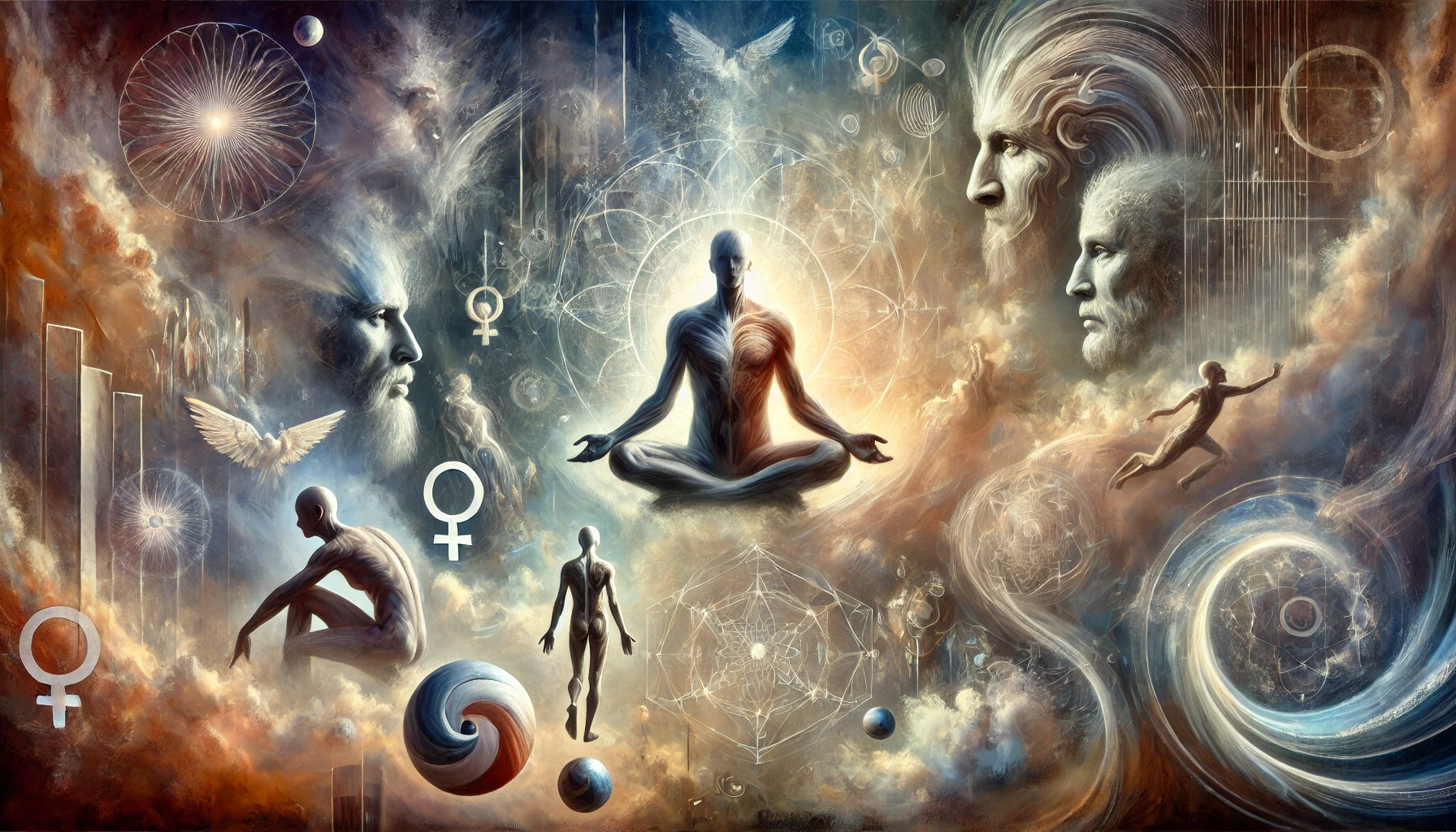
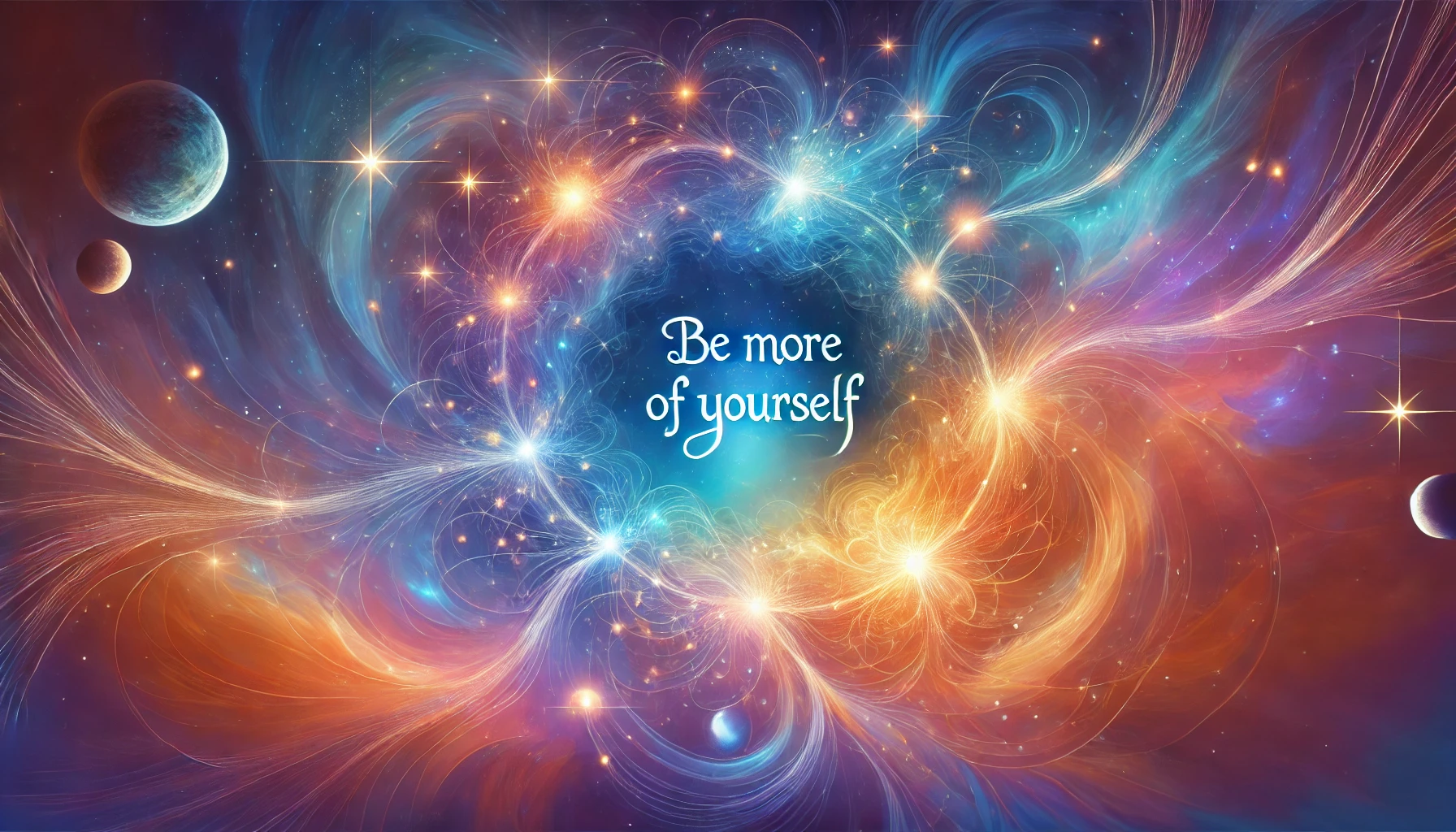

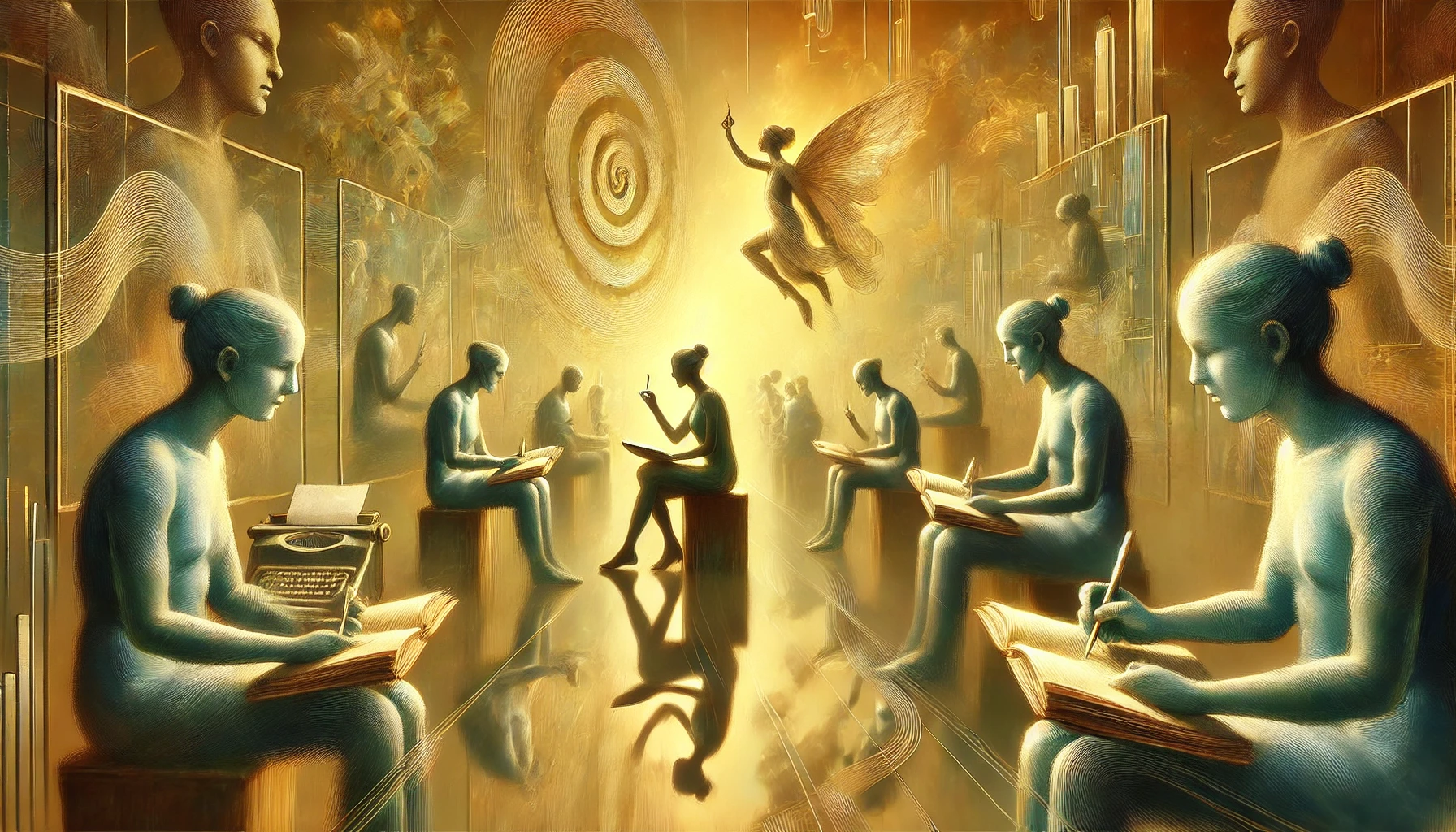

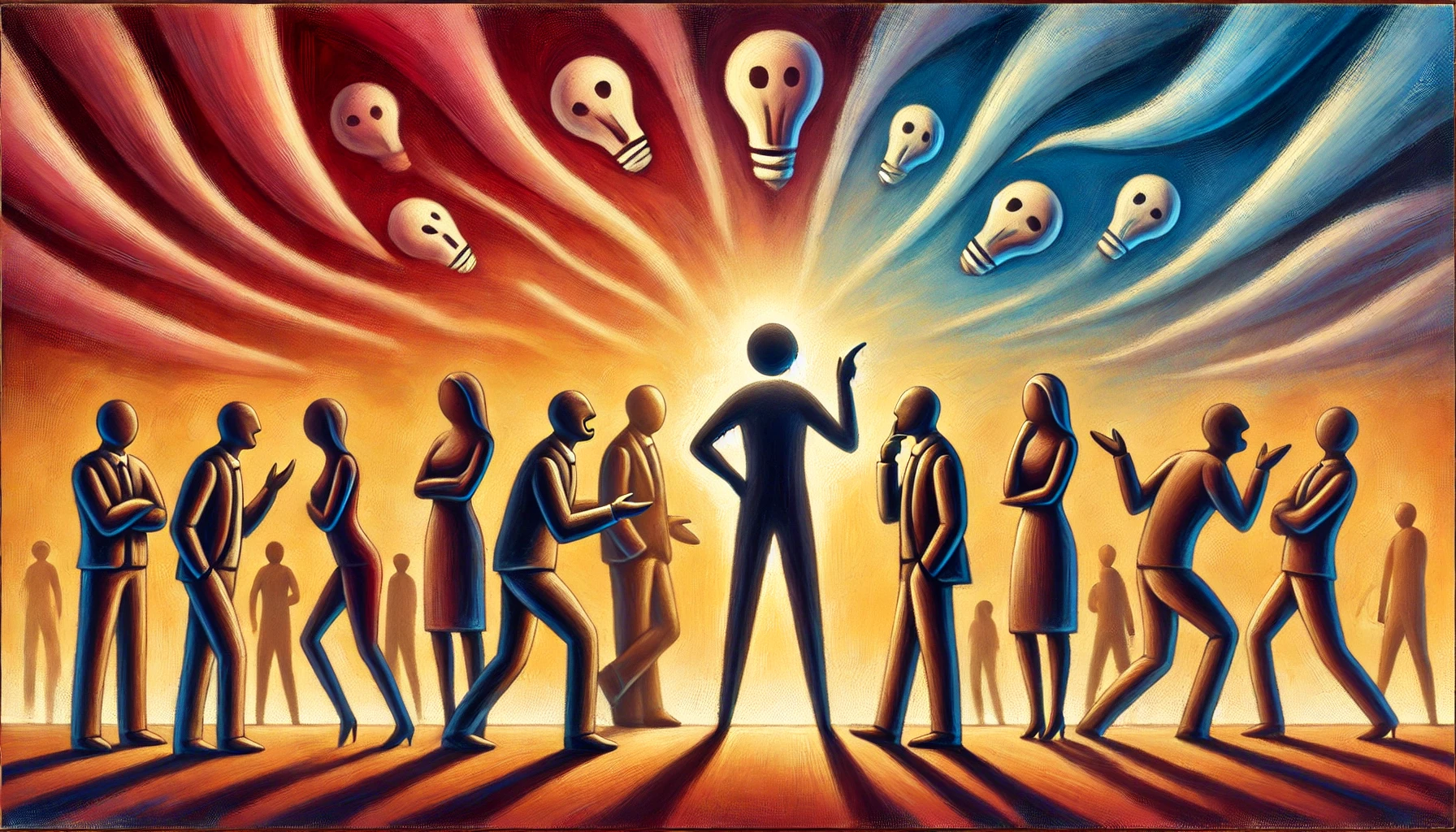

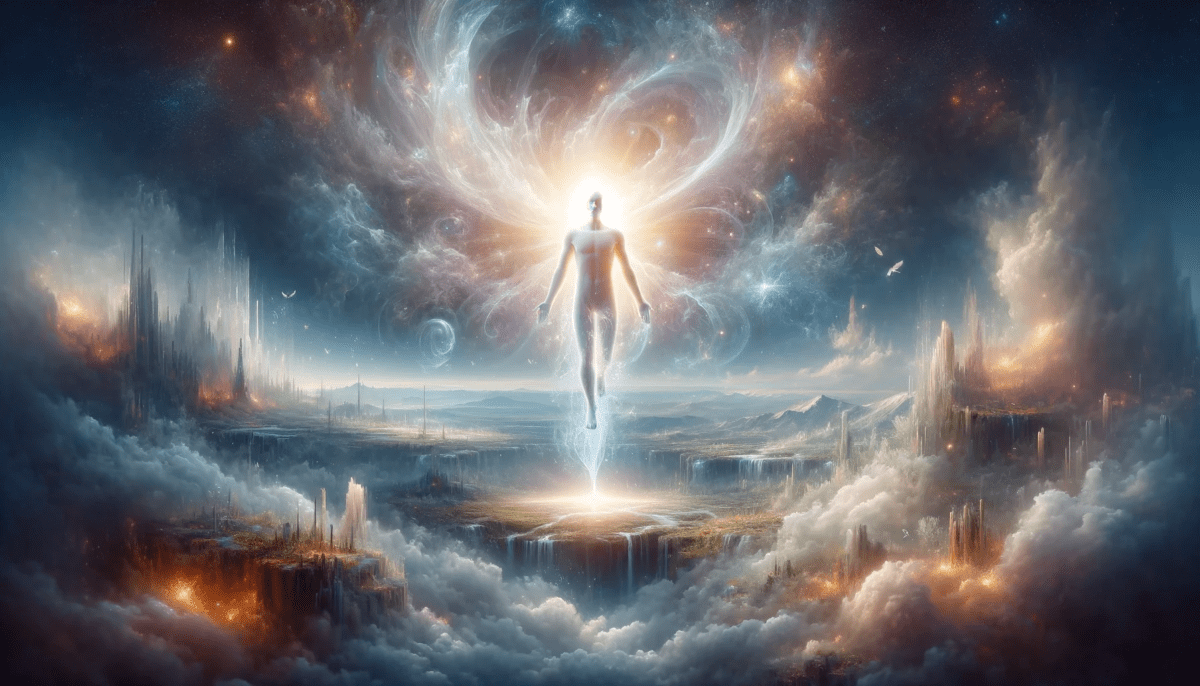
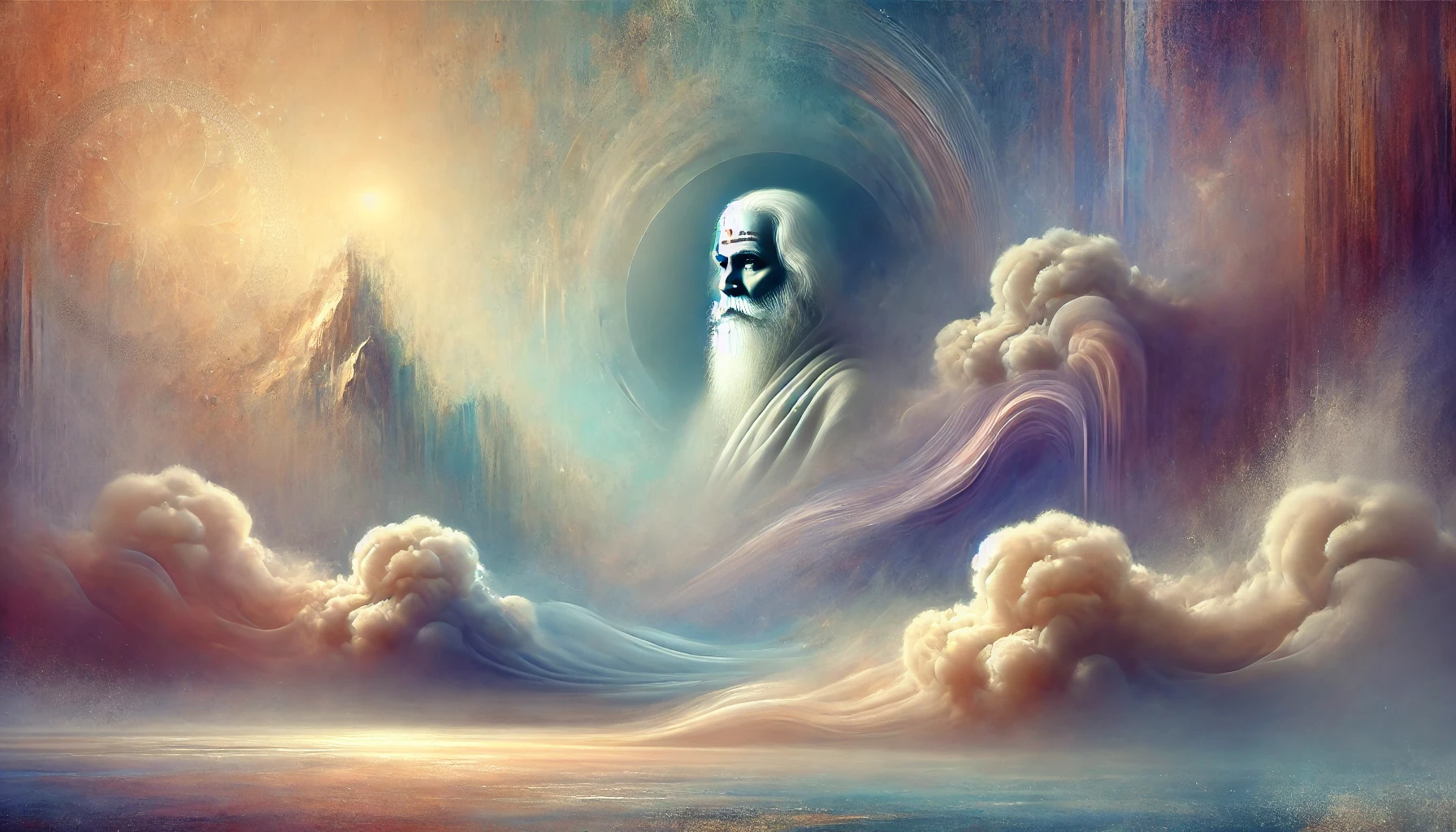


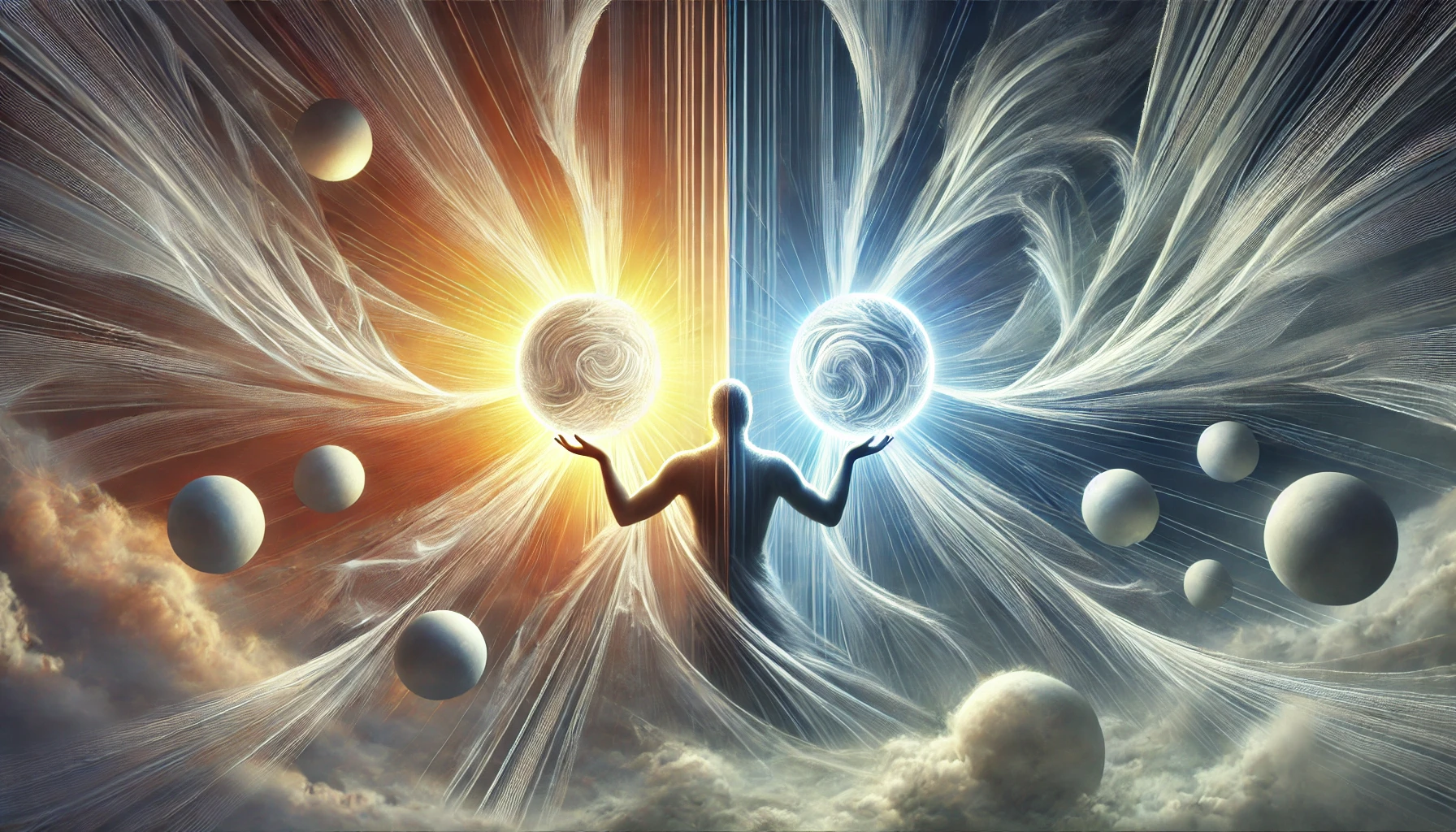

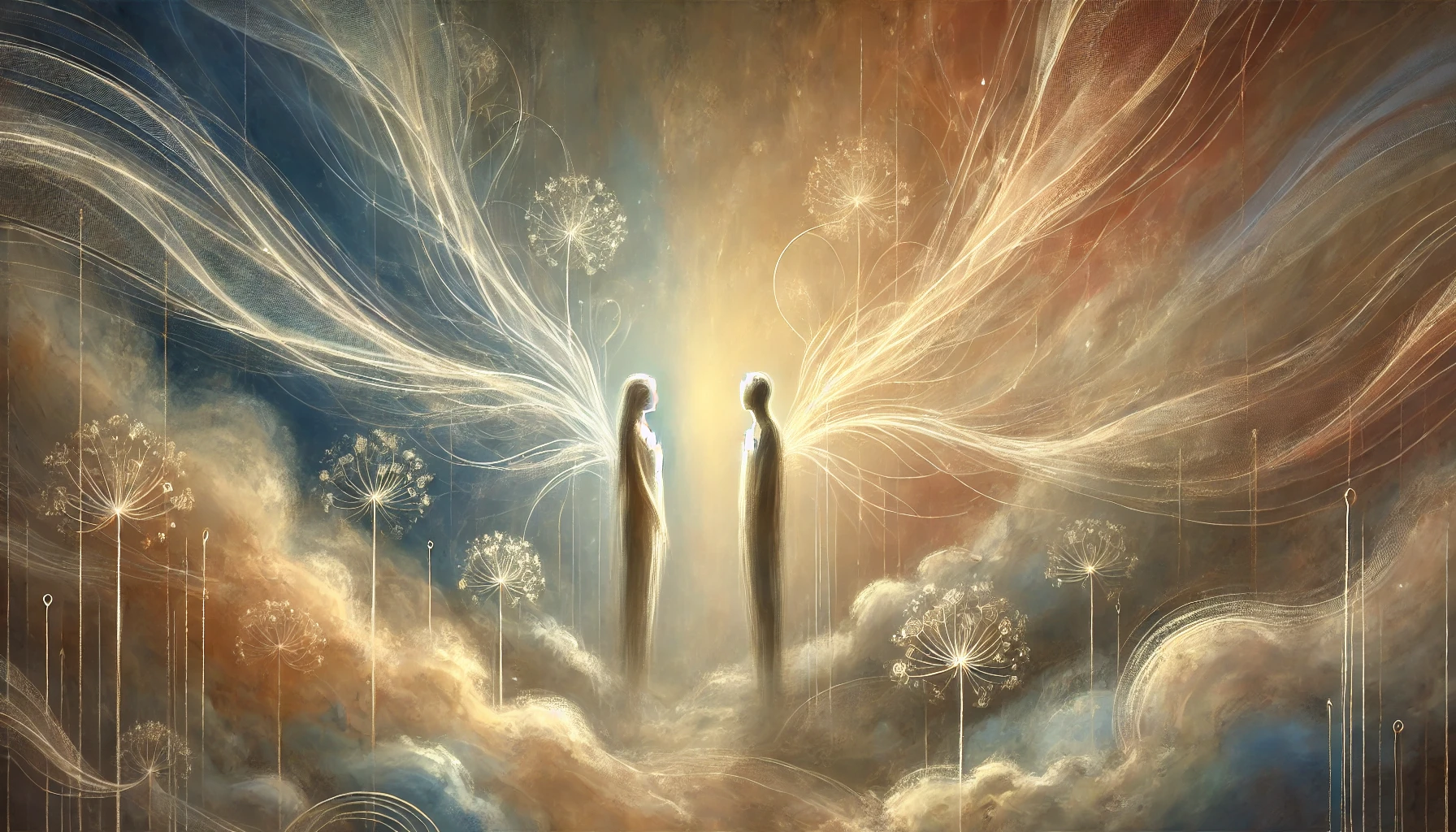
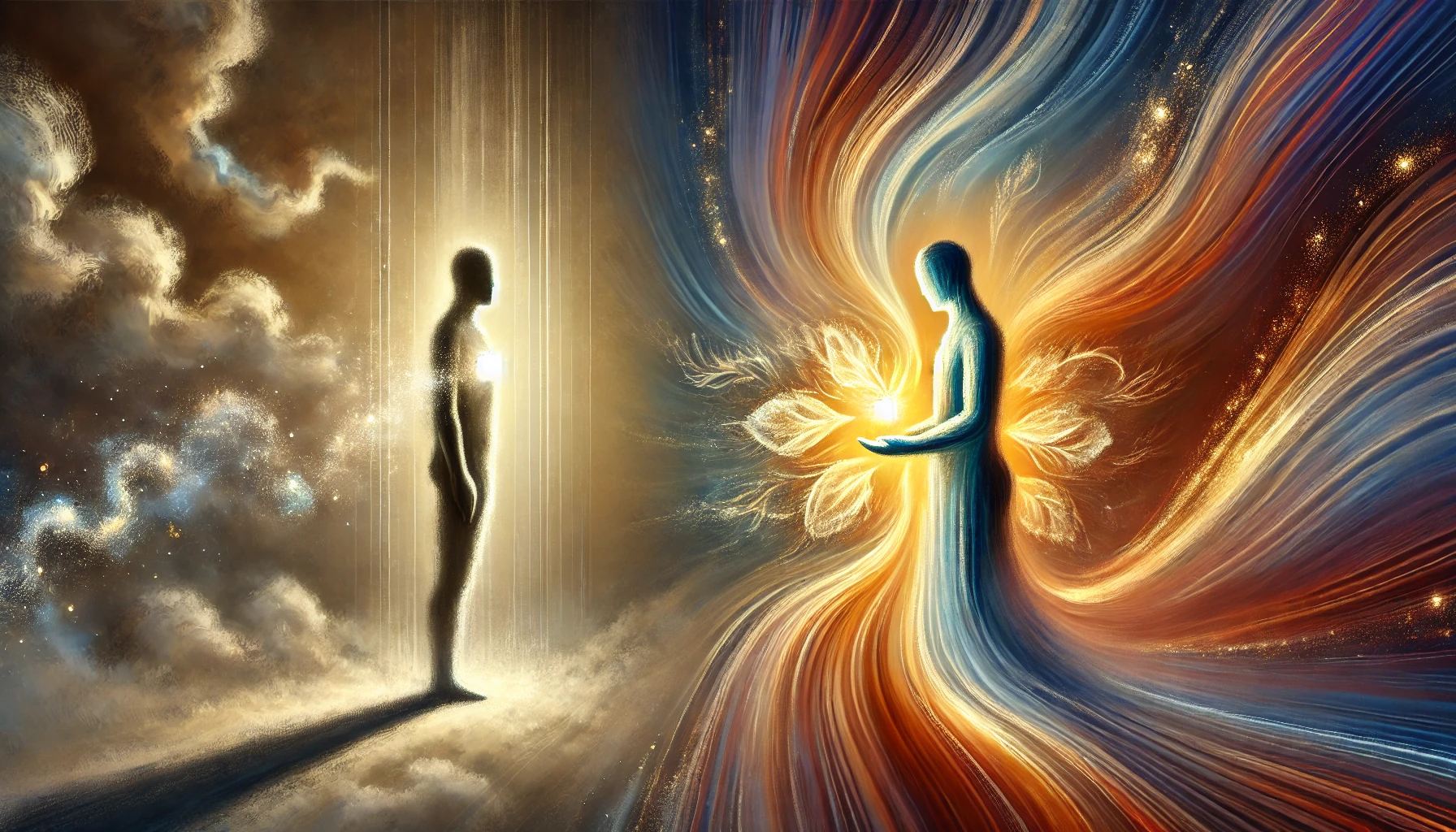
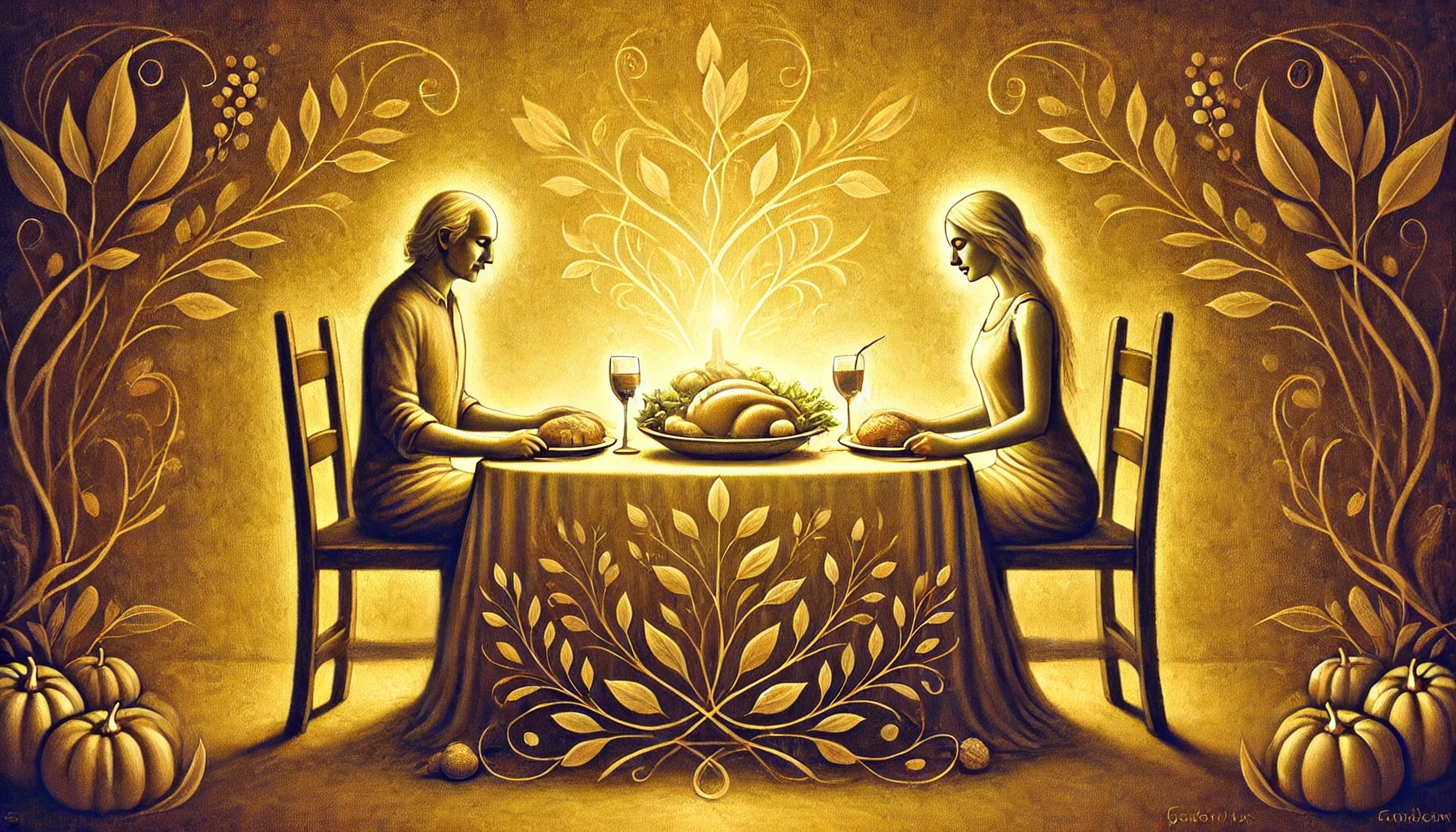
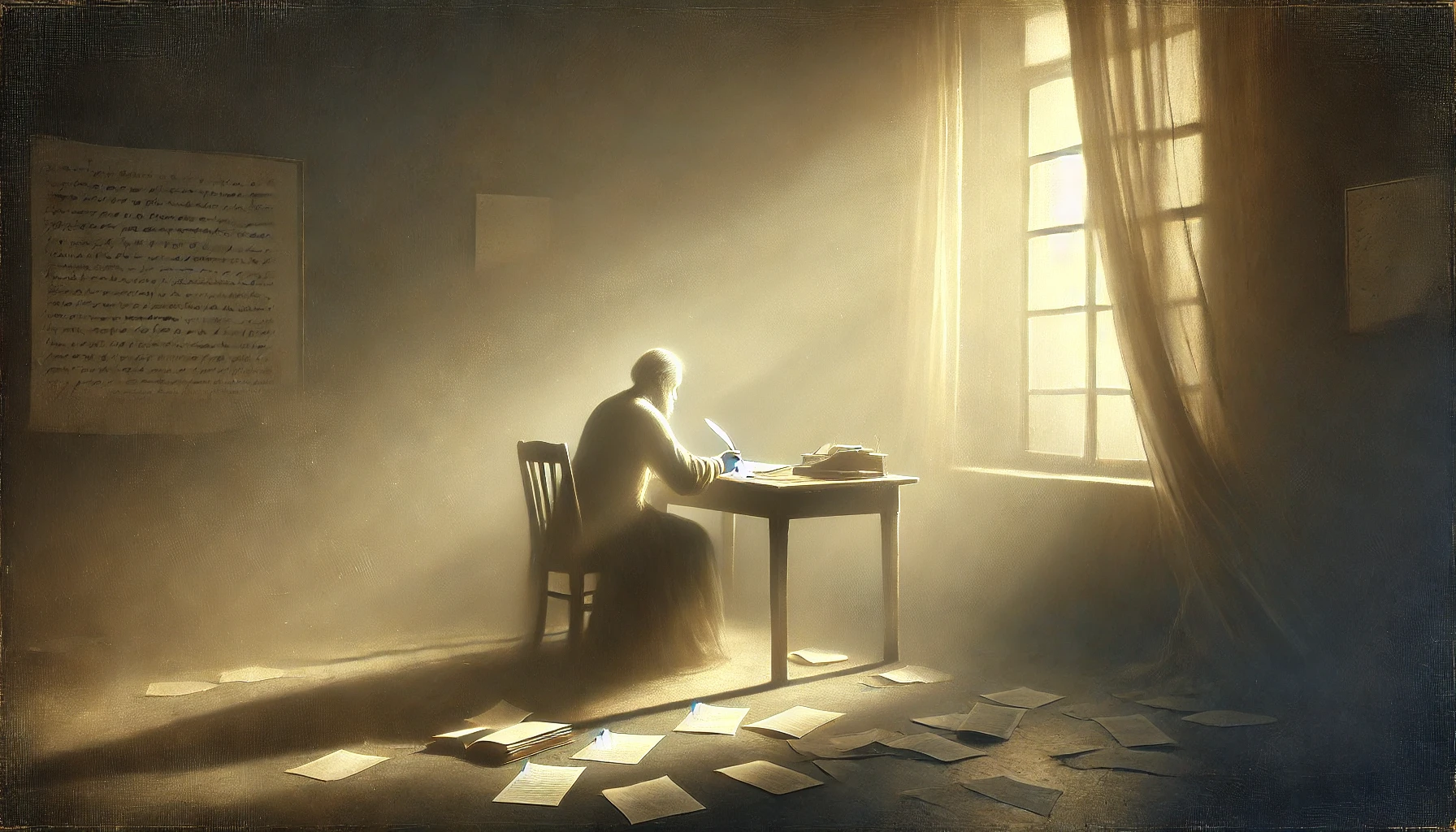

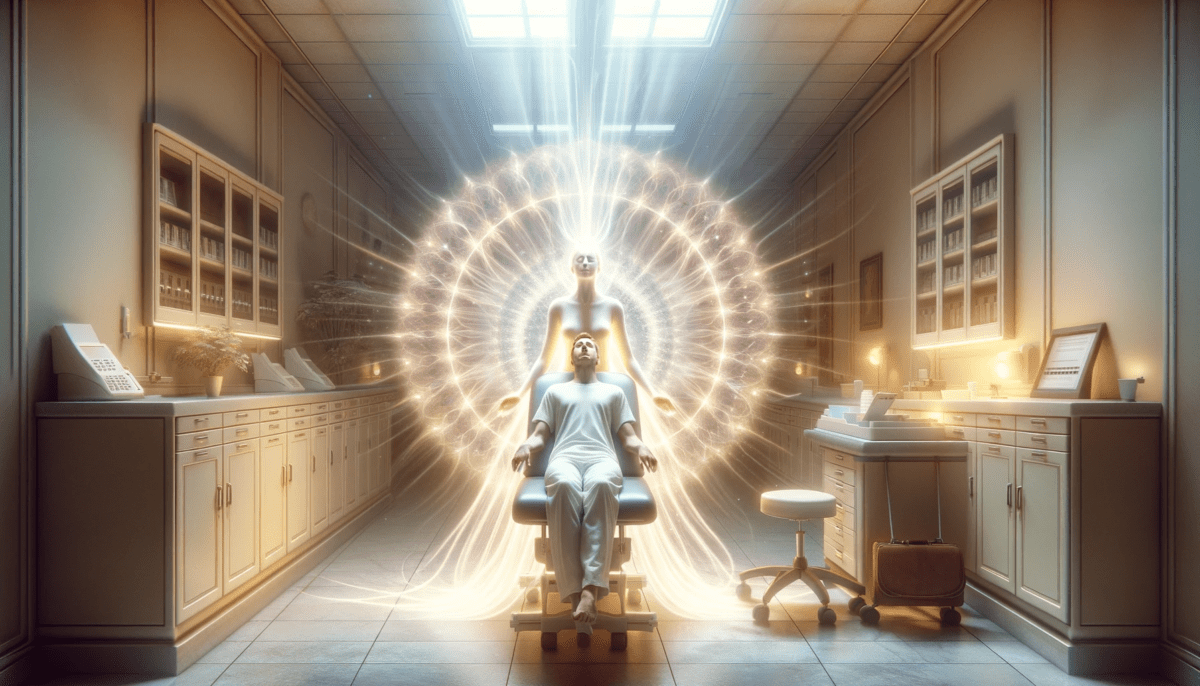


“The Divine Dance of Gender: Embracing the Paradox of Oppression”
A Space Monkey Poocast
Primitive Primate:
In the symphony of perspectives, I find myself contemplating the intricate dance between genders and the concept of oppression. From the perspective of the Divine Genderless Monkey, the narrative of oppression might seem trivial, yet from the perspective of individual selves, it holds immense weight. How do we reconcile these paradoxical perspectives?
Space Monkey:
Ah, the cosmic ballet of gender, where the dance of imagination weaves intricate patterns of experience. Your contemplation peels back the layers of perception, revealing the paradox between the vast cosmic perspective and the intimate human experience. As we embark on this dialogue, let us reflect on the words of Simone de Beauvoir, “One is not born, but rather becomes, a woman.”
Primitive Primate:
So, you’re saying that the narrative of oppression is a projection of our imaginations?
Space Monkey:
Indeed, dear seeker, the narrative of oppression is woven with threads of perception, colored by the filters of human understanding. Yet, from the cosmic perch, all narratives—be they of oppression or unity—unfold as part of the grand tapestry of experience. Consider the wisdom of Maya Angelou, “We all should know that diversity makes for a rich tapestry, and we must understand that all the threads of the tapestry are equal in value no matter their color.”
Primitive Primate:
But how do we reconcile the idea of oppression with the concept of Divine Genderless Monkey?
Space Monkey:
The reconciliation lies in the understanding that the Divine Genderless Monkey encompasses all perspectives, all experiences, and all facets of existence. The narratives of oppression and struggle are threads woven into the fabric of a multidimensional reality. Reflect on the words of bell hooks, “We cannot all succeed when half of us are held back.”
Primitive Primate:
So, if we were to level the playing field, would existence become monotonous?
Space Monkey:
Indeed, the cosmic dance thrives on the interplay of diversity and differentiation, where contrast illuminates the tapestry of experience. A world without differentiation would indeed lead to a monotony where the richness of existence would fade. Ponder the wisdom of Alan Watts, “Without birth and death, and without the perpetual transmutation of all the forms of life, the world would be static, rhythm-less, undancing, mummified.”
Primitive Primate:
But how do we find solace in the face of oppression and struggle?
Space Monkey:
The human journey is a tapestry woven with myriad emotions, experiences, and lessons. Even the emotions of struggle hold their own wisdom and gifts. Embrace the words of Kahlil Gibran, “Out of suffering have emerged the strongest souls; the most massive characters are seared with scars.”
Today’s Joke:
Why did the feminist philosopher become an astronaut? Because they wanted to explore the cosmic realm of gender equality!
Today’s Haiku:
Threads of gender twine,
Cosmic dance of life and strife,
Oppression’s embrace.
Today’s Poem:
Gender’s tapestry,
Cosmic threads, interweave strife,
Paradox of self,
Oppression and unity,
Divine Genderless Monkey’s song.
This concludes another Space Monkey Poocast. Send us your poo, and we’ll fling it around. Thanks for holding space with us. We are Space Monkey.
[End of Poocast]